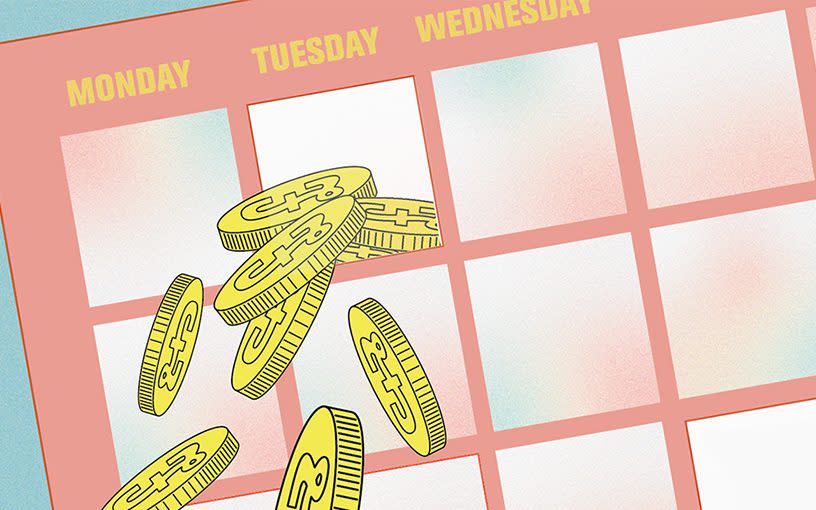Credit card and loan repayment holidays extended as £6bn debt mountain piles up

The financial watchdog has told banks and credit providers to extend "payment holidays" on overdrafts, loans and credit cards until October to help those struggling to make ends meet during the coronavirus crisis.
Firms have been letting those who have lost income during lockdown skip repayments, but the requirement to do so was expected to stop at the end of July. They will now have to offer support to struggling customers until the end of October.
Some 4.2 million people have taken advantage of the repayment breaks thus far and money charities have warned there is a "tsunami" of debt being built up which will only get bigger due to the extension.
New guidance to be issued by the watchdog, the Financial Conduct Authority, has made clear lenders will be expected to continue offering repayment breaks on credit cards, store cards, personal loans and overdrafts to those still struggling to pay for them. They should also offer support to those yet to ask for help.
Banks will be told to make interest-free overdrafts of up to £500 for those in need.
This does not apply to motor finance, payday loans, rent-to-own, pawnbroking or buy now pay later, which are covered by separate guidance which the FCA said it will update soon.
Richard Lane of the debt charity StepChange said the thousands of families struggling to keep up with their payments would be glad of the move – but a long-term solution was crucial as the economy enters what is expected to be one of the worst recessions on record.
“Unless further long-term support measures are put in place, this relief will be short-lived,” he said.
"Our own research has found that 4.2 million people have borrowed to make ends meet since lockdown began, storing up a tsunami of £6bn of debt that is set to worsen if left unchecked.
"With many households wondering how they will catch up with deferred payments, the FCA must not let payment holidays end with a cliff edge where customers have to make good their debt in one go."
Firms have provided 27 million interest-free overdrafts, 962,000 payment deferrals on credit cards and 690,000 payment breaks on personal loans, according to the banking trade body UK Finance.
Household finances are in disarray with millions out of work or living off a reduced income. Office for National Statistics figures showed benefit claims soaring to a record 2.8 million, while more than a million businesses have made use of the Government furlough scheme.
The state is currently paying the wages of more than nine million employees and a total of 2.6 million self-employed people have also sought help, after Covid-19 caused their incomes to drop.
FCA chief Christopher Woolard said he had been working closely with debt charities to support consumers in need.
"Where consumers can afford to make payments, it is in their best long-term interest to do so, but for those who need help, it will be there,” he said.
Lenders have made clear making use of a payment holiday will not have an adverse affect on a customer’s credit score, although the FCA warned credit histories are not the only resource lenders use to assess credit worthiness.

 Yahoo Finance
Yahoo Finance 